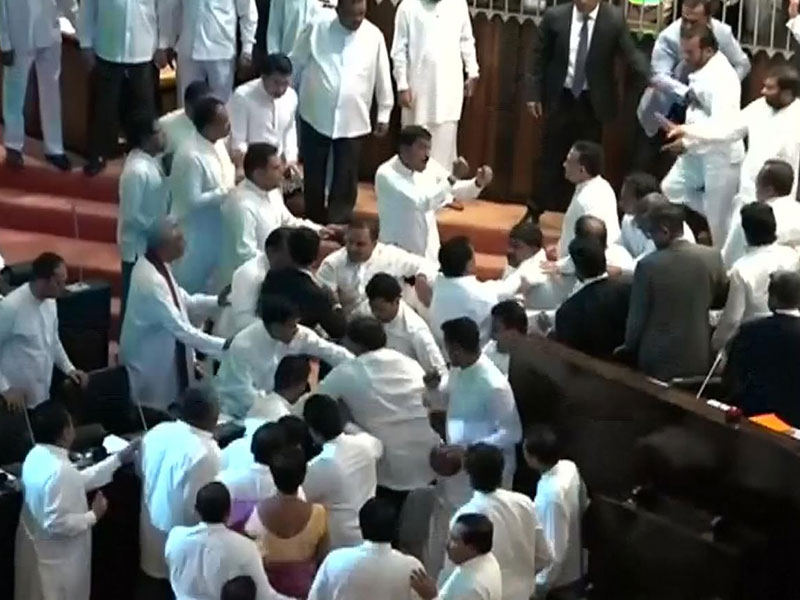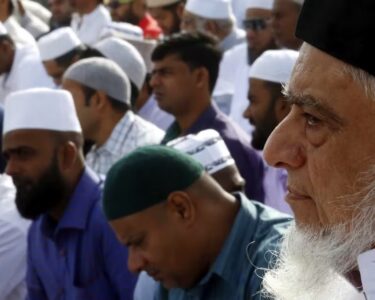The Sri Lankan government and its political leaders have lost much of their legitimacy due to their mishandling of the economic crisis and their failure to address the demands of the Aragalaya protest movement.
The Supreme Court has gained legitimacy by issuing progressive rulings in recent cases, such as striking down the Online Safety Bill and holding former government officials responsible for the economic crisis.
However, the executive and legislative branches of government are lagging behind the Supreme Court in terms of upholding their responsibilities to work for the common good. The government’s economic policies, such as increasing the VAT and granting tax concessions to the rich, are exacerbating inequality and hardship for the majority of the population. Its plans to privatize education and healthcare would further disadvantage the poor and erode the social safety net.
The government’s approach to addressing the economic crisis is fundamentally flawed. Its policy reforms are not being driven by a vision of the common good, but rather by a desire to appease the International Monetary Fund. The government needs to prioritize the needs of the poor and marginalized before blindly trying to satisfy international financial institutions.
Here are some measures the government can take to help the poor:
- Implement fairer tax policies by shifting its reliance from indirect taxes to direct taxes and closing loopholes that allow the wealthy to avoid paying taxes.
- Provide social safety nets by strengthening pensions and welfare programs to the poor and vulnerable.
- Overall, the current government has been pushed into a night watchman role, where firefighting takes dominance over everything else. Given these limitations, a legitimate government capable of fostering the common good could only be established through reforms that require structural change.
- Some argue that an election would be the best available solution at this moment in time, while others argue that a mere change of the legislature and executive branch may not be enough without a proper plan. Unfortunately, the Sri Lankan polity is nowhere near such a plan.







